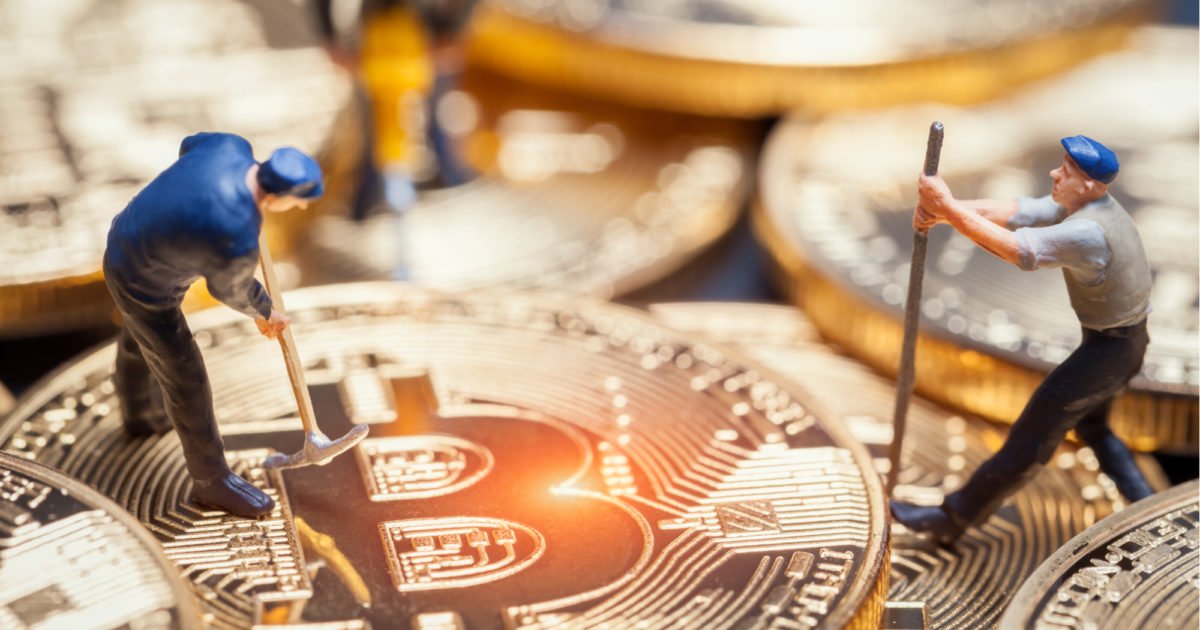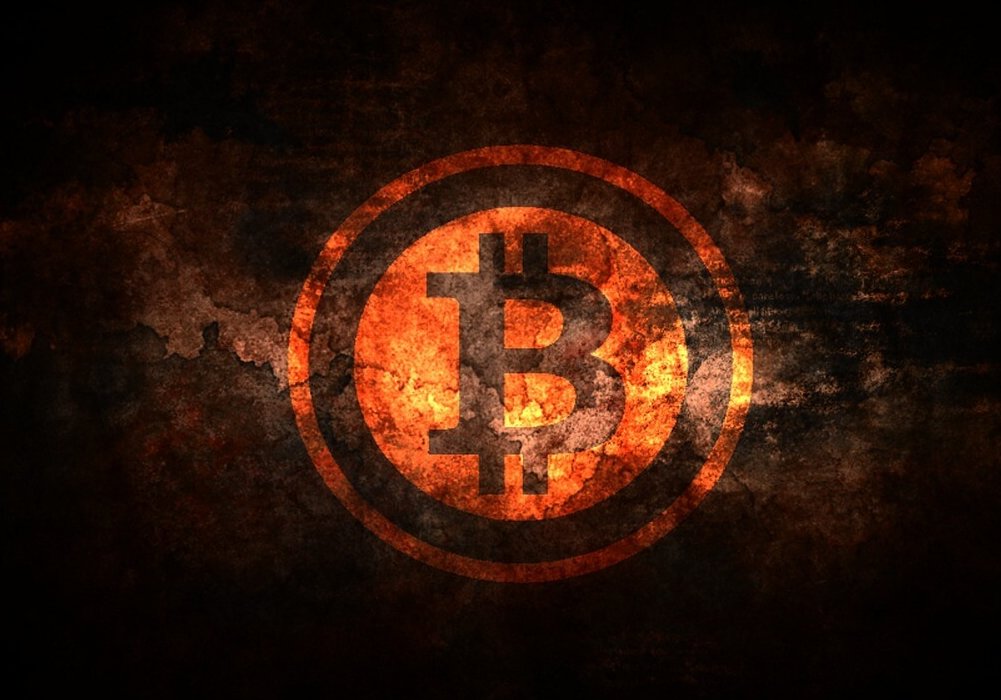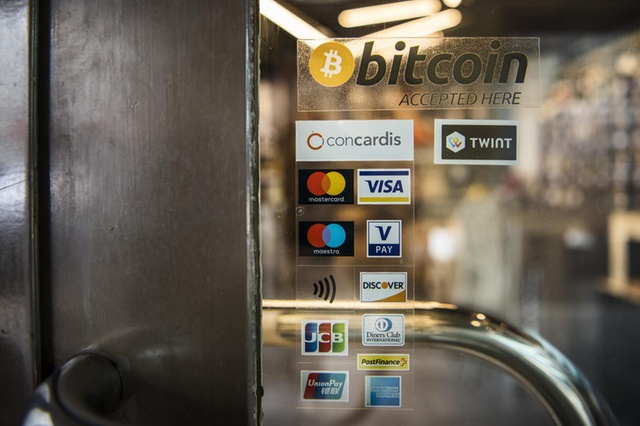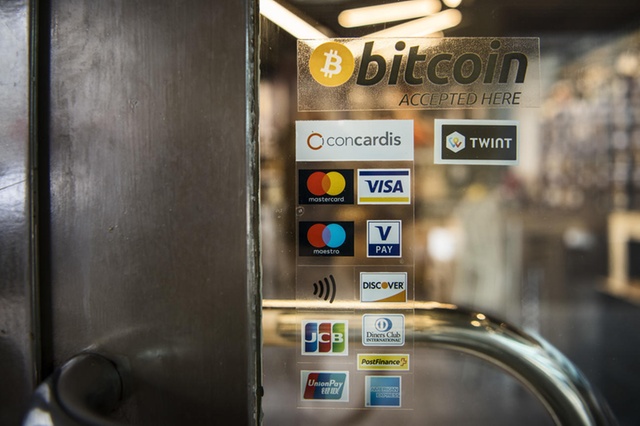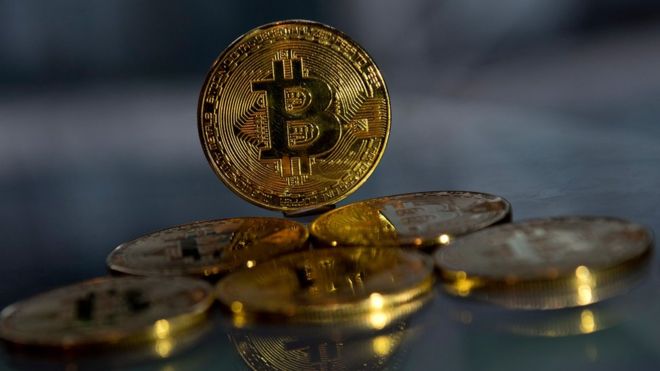Is the price of Bitcoin manipulated?
That the answer to that question must be yes is one of the few things that most people, from crypto maximalists to blockchain skeptics, agree on. And not just the typical kinds of market irregularities that one expects from a young asset class, but manipulation that has a material impact on price for more than a fleeting second — and makes one question the integrity of the whole shebang.
As a general rule thumb, any declaration that something is the most [insert adjective] of all time is not very credible. Is crypto really more manipulated than 14th Century Wampum money? or 21st century Venezuelan? (The repeated use of ALL CAPS, by anyone other than a teenage Instagram influencer, is also suspect). Since Mr Roubini is a favorite foil of mine, I’m going to take up the opposite side of this argument, and attempt to show that once the digital asset trading ecosystem is built out a bit more, Bitcoin will be one of the highest integrity assets on the planet, for two reasons: fast-fungibility on a global basis, and the relative lack of insider information.
Here’s something fascinating: Bitcoin might be the first investable asset that you can quickly buy or sell the same distinct unit of almost anywhere. This ability doesn’t exist for assets like stocks or bonds, which often trade in a few (if not just one) siloed markets. Even things that seem to trade globally, like gold or fiat currency, are not easily fungible from one market to the next. You can buy dollars in New York and immediately sell dollars in Hong Kong, but not the same exact ones. With Bitcoin however you can buy or sell the same coin across the globe as quickly as the next few block confirmations.
Couple that unique feature with the growing list of global markets where BTC trades against different kinds of fiat money as well as other cryptocoins, not to mention the rapidly growing crypto derivative market. What you end up with is a market infrastructure that can absorb almost any localized attempt at price manipulation, because a pump and dump scheme in any jurisdiction is nothing more than an arbitrage opportunity at hundreds more, facilitated by the ease with which the asset can be moved on chain.
A skeptic might hear this argument and say “yeah but what if someone tries to buy lots of Bitcoin everywhere to manipulate the price?” To which I respond: “welcome to the year 2019.” In case you missed it, Central Banks all over the world have printed over $10T for the stated purpose of manipulating financial markets. The hypothetical manipulation scenario that has so many people in a tizzy about Bitcoin is actually true for almost everything else. There is a double standard against crypto, on account of its newness and the challenge it poses to traditional power structures. Every central bank out to peg its currency, or every public company buying back its own shares is practicing a form of manipulation, yet nary a tweet from Nouriel.
Which brings me to my second point. Markets that lack integrity are often ripe with insider abuse. Trading on material insider information has been the scourge of financial regulators for almost a century. Although most governments dedicate massive resources to fighting it — and Martha Stewart went to jail for it (while Bobby Axelrod, nee Stevie Cohen, did not) seldom is a major corporate event not accompanied by suspicious trading activity. Bitcoin has no insider trading, because there is no insider information.
Source/More: Manipulation in Bitcoin – omid.malekan – Medium


